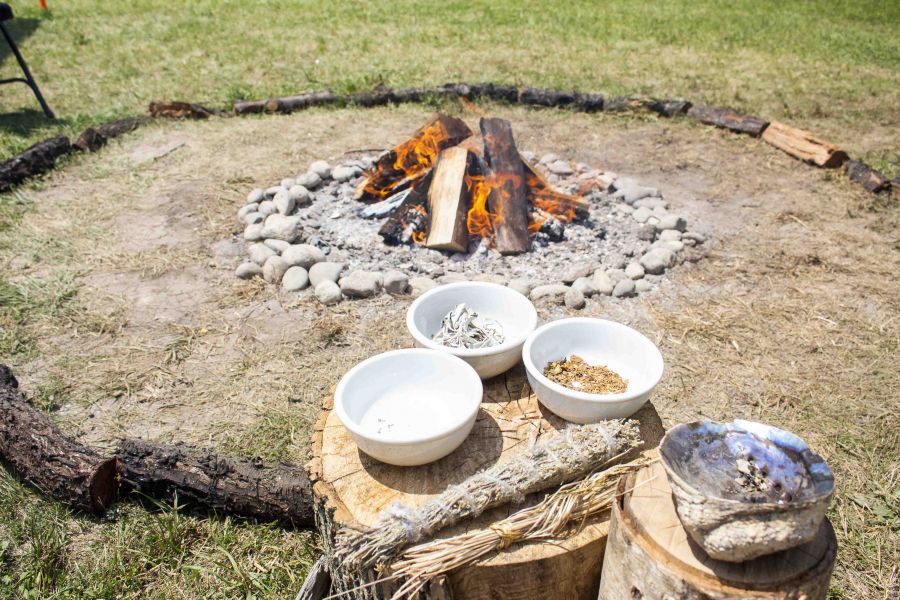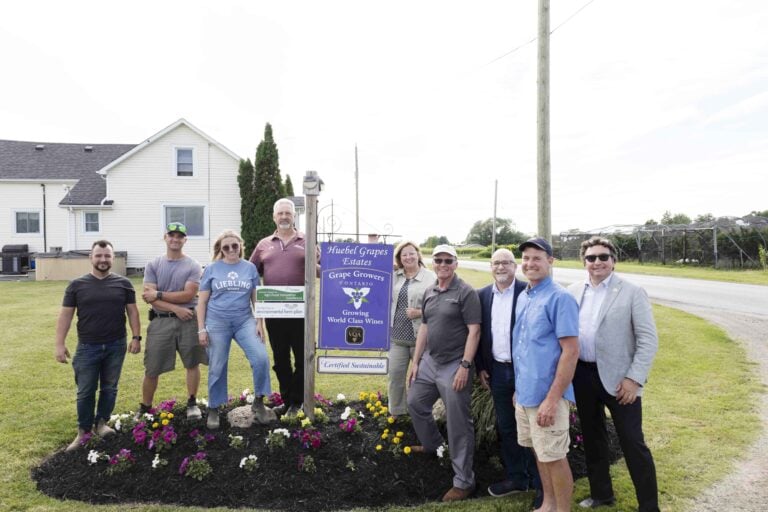With only a few of the 139 residential schools in Canada searched for unmarked graves, it is certain that the number of children’s remains located will continue to grow.
Shock, grief and anger are the emotions that many people are feeling right now and it is essential to channel those emotions into something useful, says a Brock University lecturer.
Calls to action, cries for accountability, the will to self-educate and compassion for the Indigenous communities are just some of the ways Stanley “Bobby” Henry recommends people engage with the horrendous truth of residential schools in Canada.
During a virtual talk with the Niagara-on-the-Lake Museum last week, Henry, a member of the Six Nations of the Grand River Territory, offered six essential steps to guide learning.
An overarching theme of his talk was that language matters.
“I’m deliberate in my terminology,” Henry said in an interview, referring to the children’s remains as being uncovered instead of discovered.
“When we say ‘discovered,’ it makes it seem like it wasn’t truth. We’ve always been telling this truth. Uncovered means that something has been covered up, and that is what’s happened.”
Henry’s six steps are:.
Step 1. Recognize that your voice and support matters.
“Amplify the voices who are speaking out. Use your ability to lobby alongside people,” Henry said.
This means holding the government and Catholic church accountable and pushing the mandates of the Truth and Reconciliation Commission. Amplify Indigenous voices using your “dominant privilege.”
Henry stressed this comes from a place of goodness and should not contain hostility.
For example, Henry cited the issue of Indigenous languages and encouraged people to ask why Indigenous languages are not declared official languages in Canada.
“If you look at what happened in Nunavut, Inuktitut became the official language as a means to preserve it,” Henry said during the talk.
Step 2: Know that the history of the residential school system is the shared history of Canadian and Indigenous Peoples and places responsibility on the individual to self-educate about these issues.
“Education got us into this mess and education will get us out,” Justice Murray Sinclair, the head of the Truth and Reconciliation Commission, said of the residential school system in 2015.
Henry recognizes that many Canadians were unaware of the extent of the horrors of residential schools. But that is no excuse to avoid educating yourself on the topic.
Essential readings for adults: “Indian Horse” by Richard Wagamese, the Truth and Reconciliation Commission’s final report, the Aboriginal Healing Foundation’s reports and the Royal Commission on Aboriginal People.
For youth: “Fatty Leg” by Christy Jordan-Fenton and Margaret-Olemaun Pokiak-Fenton and “The Orange Shirt Story” by Phyllis Webstad.
Henry also recommends watching the documentary “We Were Children” by the National Film Board on residential schools in Canada.
Step 3: Challenge racist stereotypes and comments about Indigenous people.
“A lot of stereotypes about Indigenous people come from misinformation,” Henry said.
He recommends that people ask for evidence when they hear someone uttering a stereotype.
“Where did you hear your information? What facts are you basing your argument on? From my experience, they heard it from someone else or they can’t substantiate what they’re saying.”
Step 4: Ask yourself a few big questions in your life and work.
“Who are we? How did we get here? Where do we want to go? How will we get there? Those questions are big, but they are our guiding questions for moving forward and getting to the essence of what reconciliation is all about.”
Step 5: Offer your support whenever and wherever possible.
“Communities themselves are in mourning. We have to help one another, support one another,” Henry said.
He recommends simply saying, “I’m here for you. Let me know if there’s anything I can do for you” or “Hearing this truth has made me want to do more research.”
Step 6: Individualize reconciliation. This means it is up to the individual to start tackling these issues personally, Henry said.
“Reconciliation is everyone’s responsibility. Bring this conversation to your dinner table, talk to 10 people about it. If you’re ambitious, talk to 100,” Henry said.
“Conversations are key to making meaningful change. These are just six steps to start the journey. It’s something that doesn’t end. It’s a relationship that’s going to keep evolving and keep changing and we as a people have to keep working on that.”











